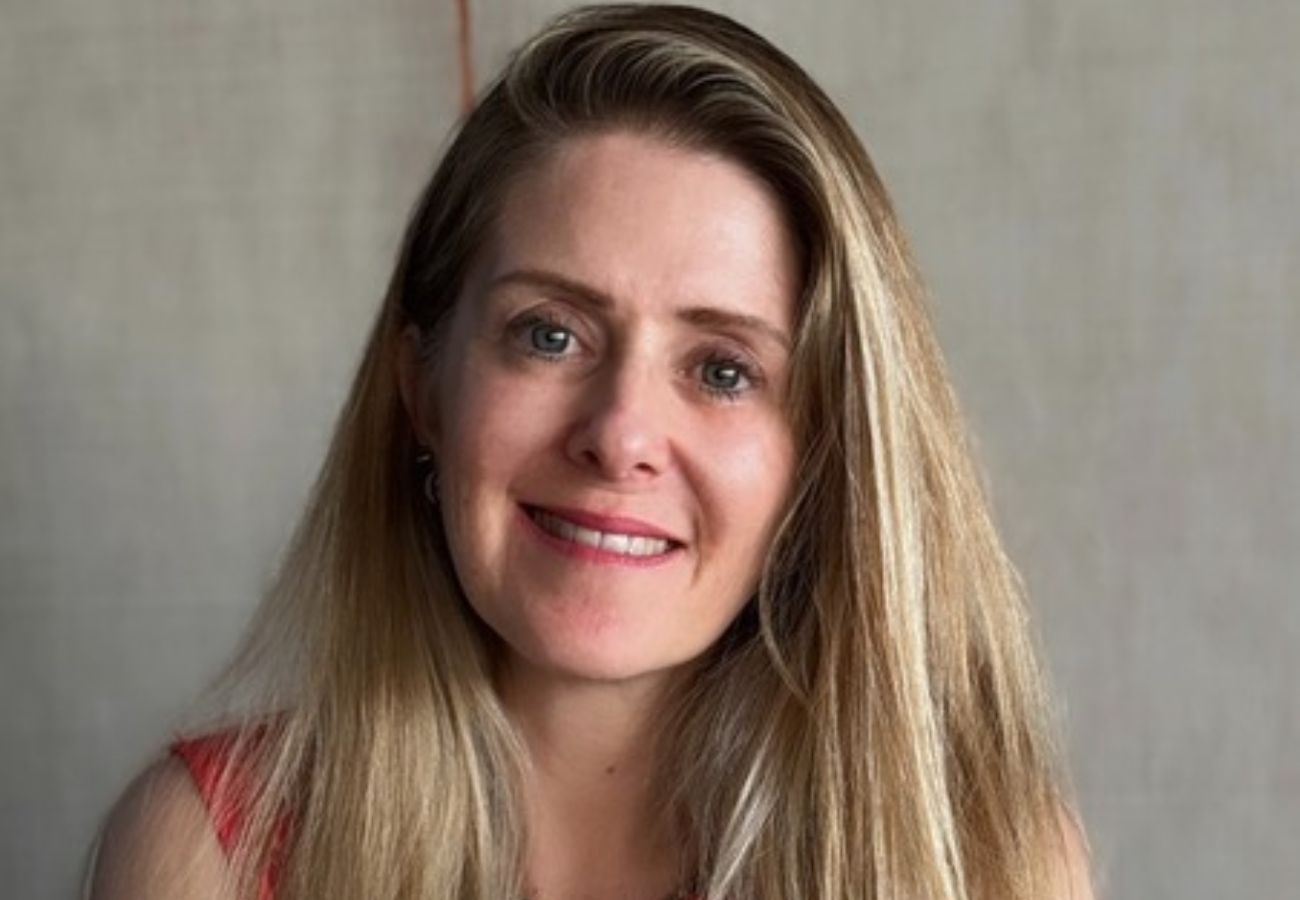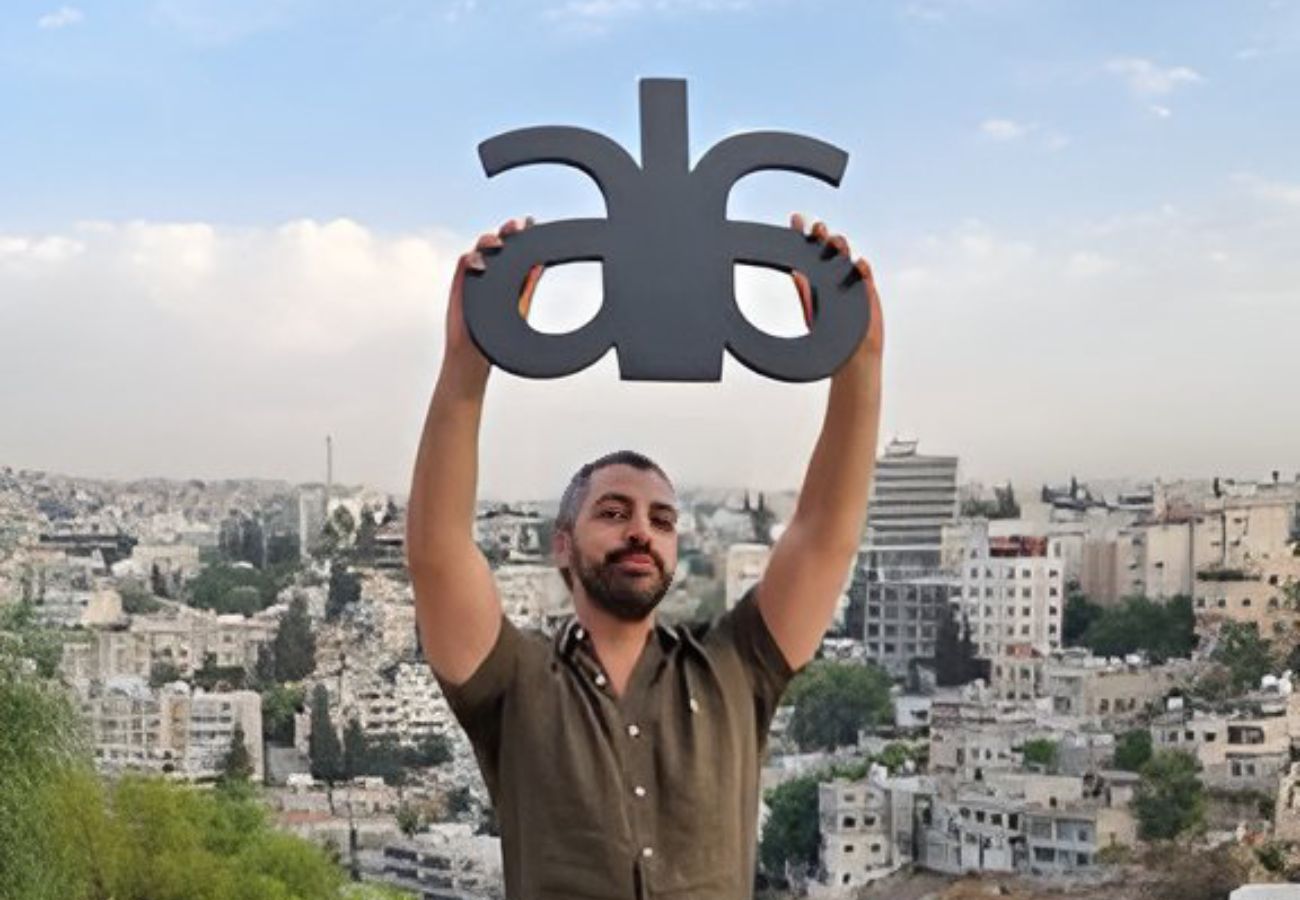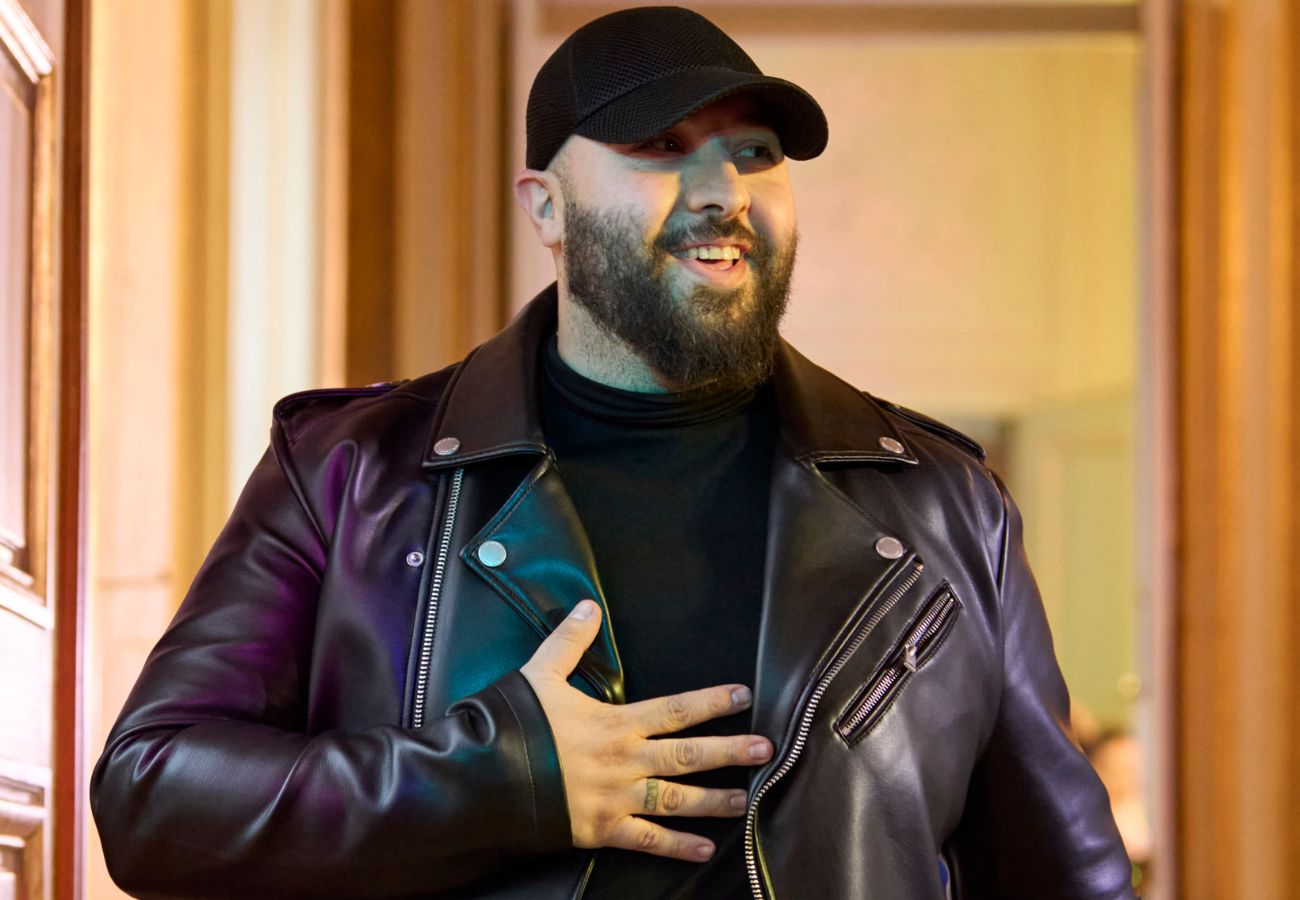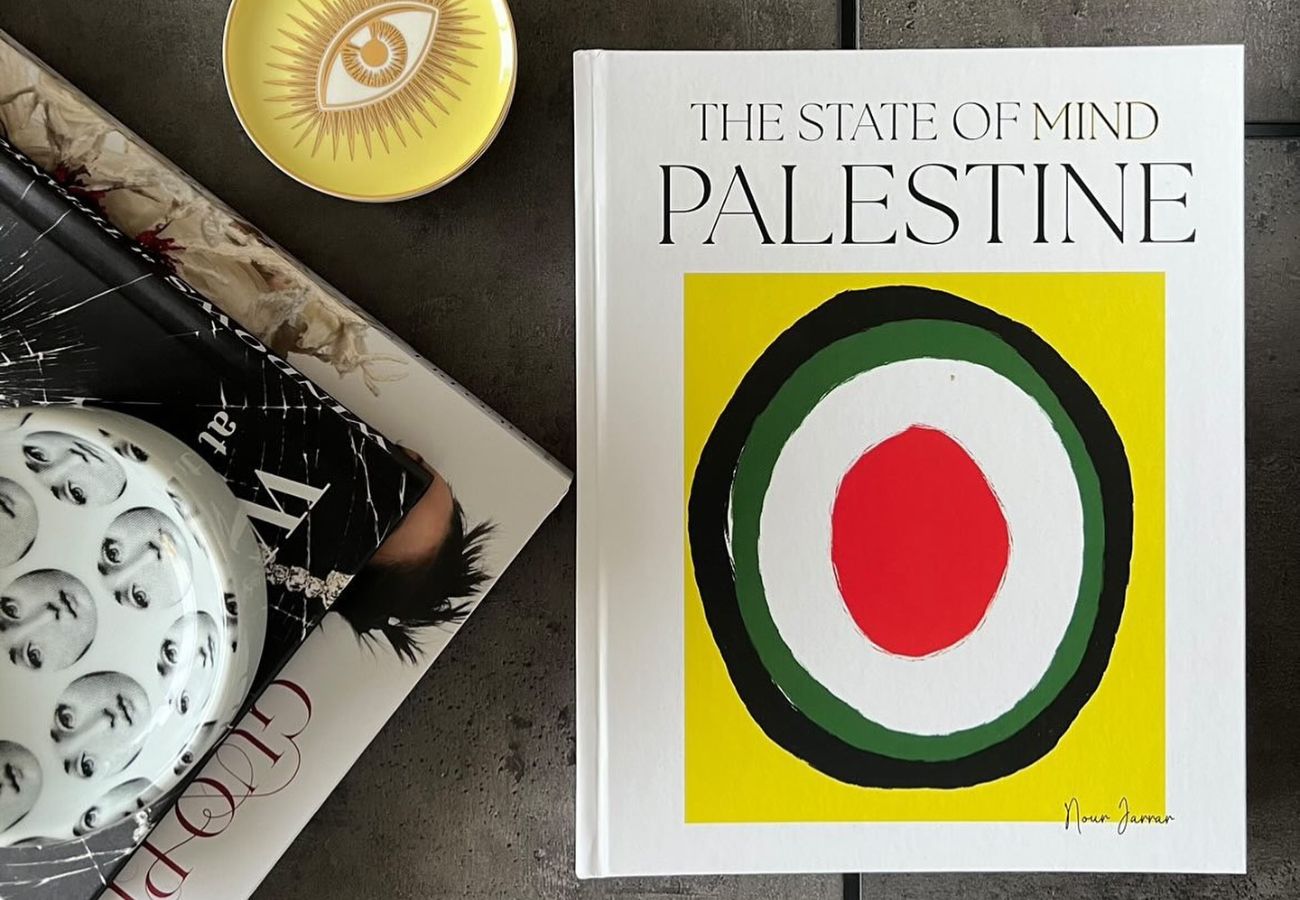
The State of Mind Palestine
In a world where storytelling shapes our understanding of history, Nour Jarrar’s conversation with a friend sparked a profound response, a eureka moment, that birthed a remarkable project that challenges misconceptions and honors a rich cultural heritage. CIIN sat down with the creator of “The State of Mind Palestine,” a captivating coffee-table book that breathes life into the forgotten narratives of Palestine through vintage photographs and compelling visual storytelling.
What inspired “The State of Mind Palestine?”
I was having a conversation with who is now a former friend, and she said “Actually, on this piece of land, there has been everything EXCEPT a Palestinian country. Never, was a single entity called “Palestine.” So, I decided to respond to her with something bigger and more impactful… THIS BOOK.
“There was never a country called Palestine,” you say?
THIS is Palestine…THEY are Palestine!
Can you give us an overview of the main themes or messages you explore in your book?
THE STATE OF MIND PALESTINE is a coffee-table picture book.
Within the pages of this book, one is transported through time via vintage photographs of Palestine and Palestinian families, predominantly captured prior to the year 1948.
Please elaborate on the significance of vintage photographs included in the book.
There is a claim that prior to 1948, Palestine was a land with no people. The significance of the vintage and historical photographs is to confront this enduring truth: this was never a land with no people.
With these photos, we show the land, and we show the people; born in this land, raised in this land, and forever a part of this land.
What unique perspective or insight do you hope to offer readers through your book?
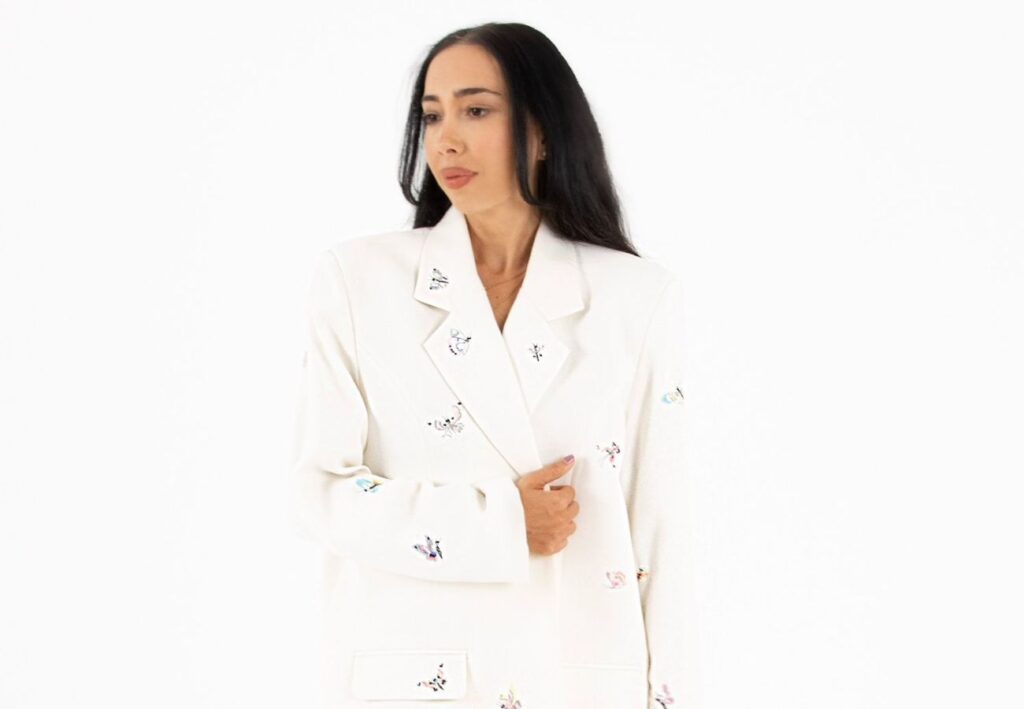
Through this book, I aim to breathe life into old Palestine, to imbue it with a face, a color, and a character.
I want the younger Palestinian generation to see how our ancestors lived in their homeland—what they looked like, what they adorned, and their way of life.
Simultaneously, I endeavor to honor the memories of the older generation of Palestinians. I yearn to immortalize the Palestine they know.
How did your personal experiences or background influence the way you approached the creation of “The State of Mind Palestine?”
I have zero experience creating or publishing a book. However, I am experienced in building a brand and a business. Therefore, I used the same approach to create this book. I didn’t want THE STATE OF MIND PALESTINE to just be another book about Palestine. I wanted it to be a lifestyle brand/product. I wanted it to be a cool coffee-table book that not only Palestinians would buy. And, most importantly, I wanted it to be modern and aesthetically appealing so people can easily display it in their homes.
What do you hope readers will take away from “The State of Mind Palestine?”
That Palestine has a very rich cultural heritage. That Palestine is so diverse. And that one day, not so long ago, our grandparents and/or parents lived very happily and gracefully in their hometown PALESTINE.
Are there any specific photos from your book that particularly resonated with you, and if so, why?
Literally every single photo in the book tells a thousand stories. I smiled and laughed, and cried, and I felt so emotional while compiling these photos.
I fell in love with the people in the photos. Every single one of them. I felt their happiness in the photos, their joy, their “normalness” going about their days with their families and loved ones. But I also felt their pain. The pain they must have felt when they were forced to flee their homes, leaving behind their beloved land, never to return.
I cry for them. I pray for them. I yearn for their version of Palestine.
In what ways do you see ‘photo storytelling’ as a powerful tool for understanding and advocating for Palestine?
Photos are very powerful; they evoke so many emotions, convey very strong messages, and are visual evidence of things that existed and took place.
In this case for example, we can try to say a thousand times that “this was not a land with no people”, but what better way to send this message across than to show it?
What future projects or initiatives do you have planned to further explore or amplify the voices of Palestine?
I don’t have anything specific planned out. But all I know is that I will keep on creating… I will keep on advocating… and I will keep on raising awareness.




